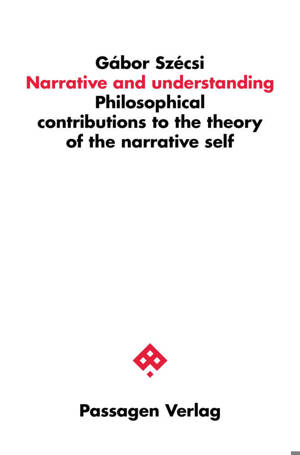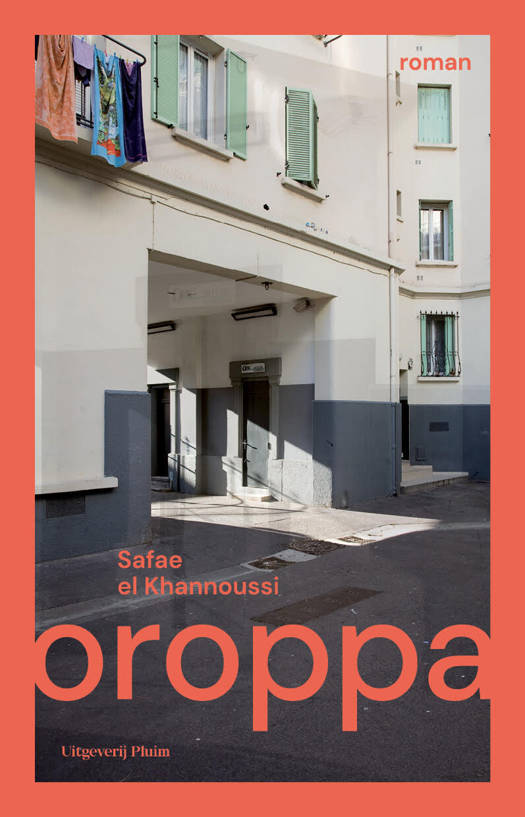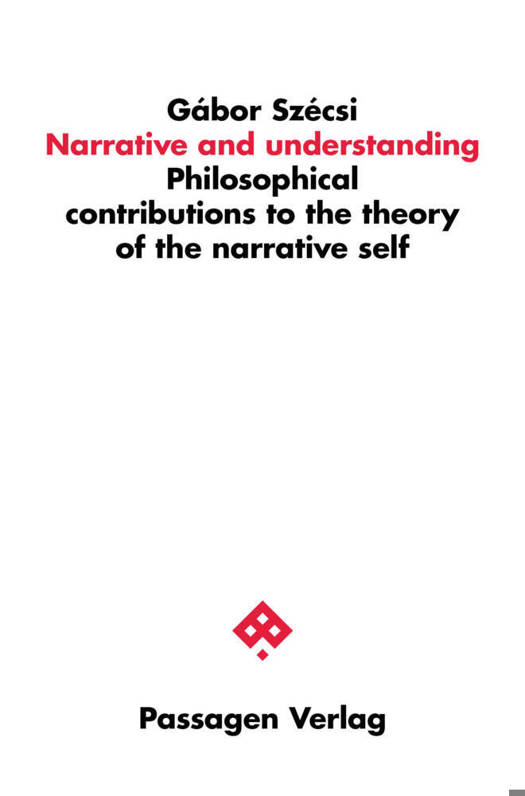
- Afhalen na 1 uur in een winkel met voorraad
- Gratis thuislevering in België vanaf € 30
- Ruim aanbod met 7 miljoen producten
- Afhalen na 1 uur in een winkel met voorraad
- Gratis thuislevering in België vanaf € 30
- Ruim aanbod met 7 miljoen producten
Zoeken
Narrative and understanding
Philosophical contributions to the theory of the narrative self
Gábor Szécsi
€ 27,95
+ 55 punten
Omschrijving
The narratives that determine our everyday cognition and communication processes can be considered both as cognitive tools that construct the world to be known and as entities that determine the processes of cognition. The author shows how the ability to understand and create stories becomes an integral element of our self-image, cognitive processes, and everyday decisions. His analysis of the relationship between narrative and mind focuses mainly on two areas: the problem of knowing the past and mediatization - the inescapable meta-flux of our time, which shapes culture and humanity. The analysis of the self- and community-shaping function of media narratives, and the clarification of the role of narratives in historical cognition, can provide useful long-term data on human motivations and goals. At the same time, it offers a basis for the development of a new concept of the self.
Specificaties
Betrokkenen
- Auteur(s):
- Uitgeverij:
Inhoud
- Aantal bladzijden:
- 208
- Taal:
- Engels
- Reeks:
Eigenschappen
- Productcode (EAN):
- 9783709206225
- Uitvoering:
- Paperback
- Afmetingen:
- 155 mm x 235 mm
- Gewicht:
- 361 g

Alleen bij Standaard Boekhandel
+ 55 punten op je klantenkaart van Standaard Boekhandel
Beoordelingen
We publiceren alleen reviews die voldoen aan de voorwaarden voor reviews. Bekijk onze voorwaarden voor reviews.











